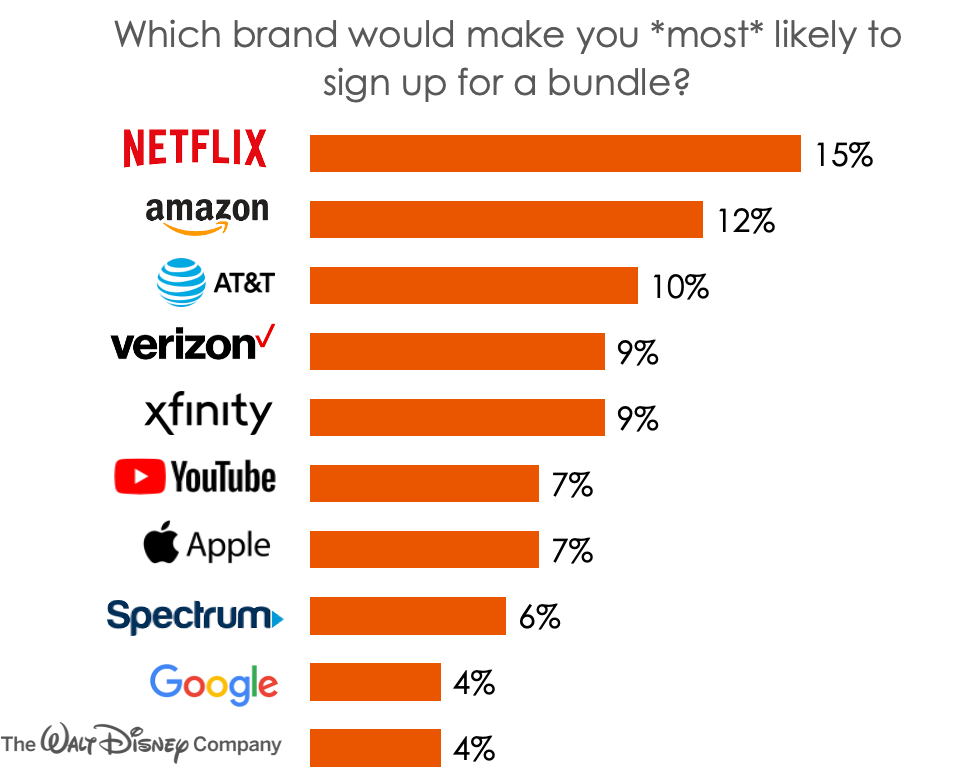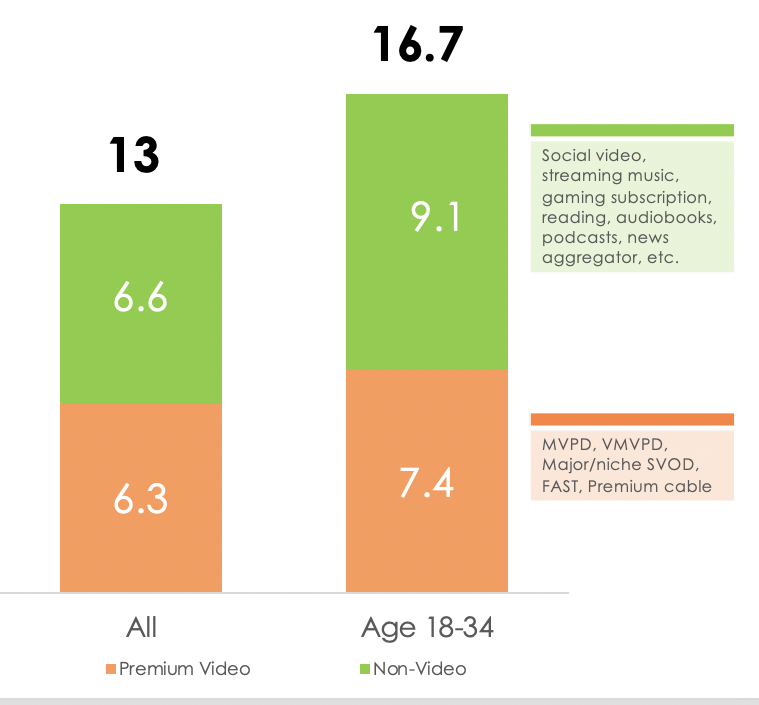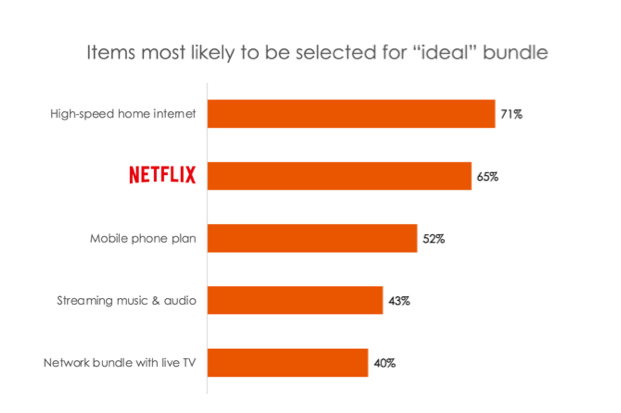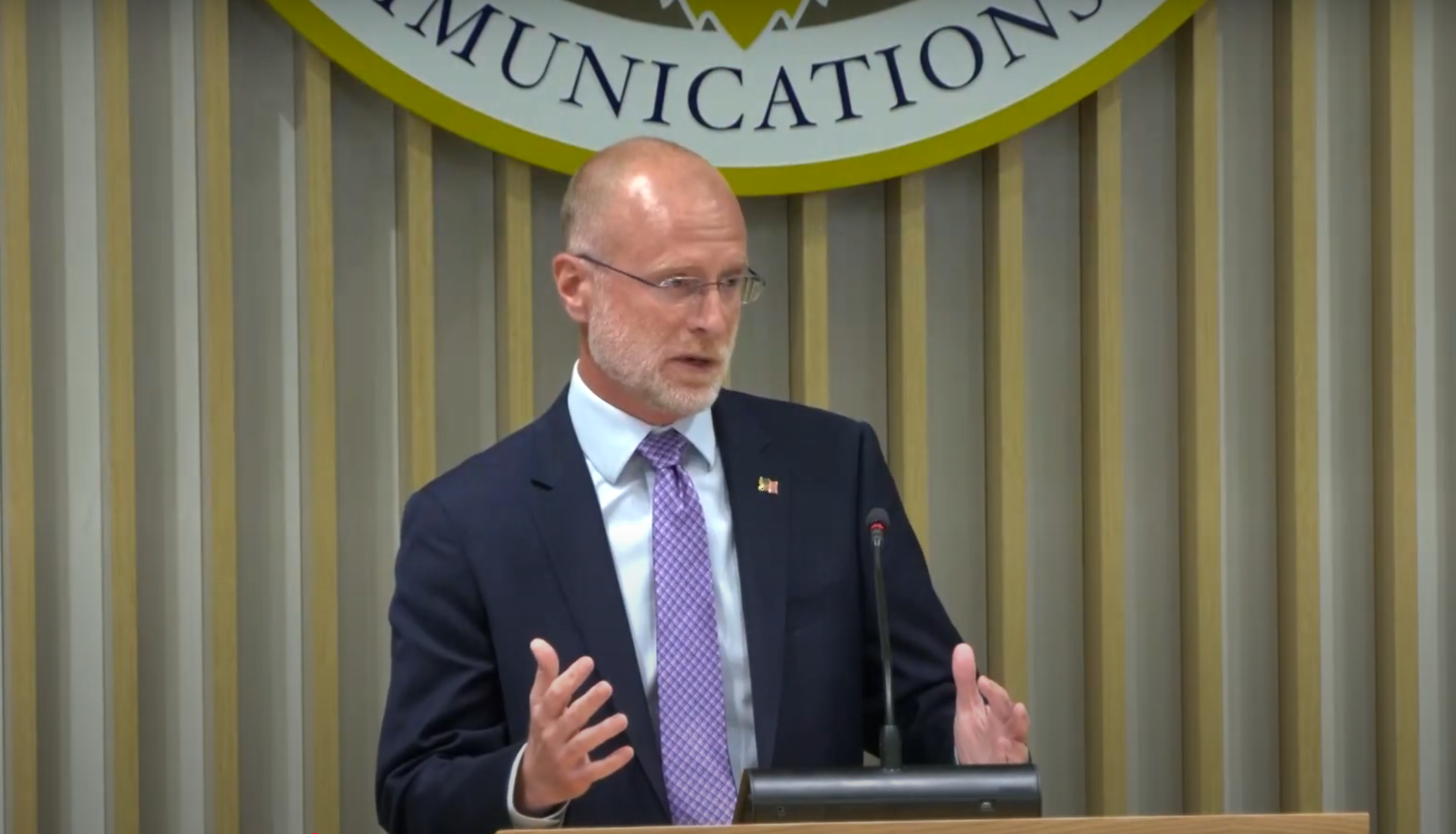If Bundling Is Back, What’s the Ideal Bundle?
A new survey from HUB provides some answers

PORTSMOUTH, N.H.—Bundling is back in a big way, with all the major streaming companies and many pay TV operators exploring ways to simplify the consumer experience by offering bundles of content and streaming services.
Such efforts promise to improve the precarious economics of streaming services by reducing the hefty marketing costs of acquiring subscribers, improving consumer satisfaction, reducing the high rates that consumers churn in and out of services and potentially improving the reach of their advertising efforts.
But as the pay TV industry learned in the last decades not every bundle is a recipe for success. Bloated, ill-conceived, expensive bundles of content and services can also be a recipe for disaster.
Hub Entertainment Research’s new “Battle Royale” survey provides a number of insights into consumers’ taste for bundles, what they want in a bundle and the companies that are best positioned to offer them.
It found that TV is no longer the center of the entertainment universe and that TV is just one of many kinds of content people consume, which makes some non-video services a key component of any successful bundle.
The Hub survey found that consumers in general use just as many non-video entertainment providers (6.6) as they do premium video (6.3) and young people (under 35) use more non-video sources (9.1) than video (7.4).
That means that consumers’ “ideal” bundle includes more than just video, the researchers said.
The professional video industry's #1 source for news, trends and product and tech information. Sign up below.
In the survey, respondents saw a list of 16 items and were asked to choose five to build an “ideal” bundle. The list included SVODs, MVPD/VMVPD network packages, streaming music and gaming subscriptions, and non-entertainment items like mobile phone or home internet. Only two of the 5 most chosen items were video-related:
- 71% of respondents included high speed internet in their bundle, and 52% chose a mobile phone plan. (Another 40% chose a live TV bundle, forming a new iteration of cable’s “triple play”)
- 65% chose Netflix – the only streaming platform to make it into the top 5.
- 43% chose a streaming music subscription. Respondents were more likely to choose streaming music for their bundle than major streaming platforms like Hulu, Disney+ and Max.
The survey also indicated that consumers are ready to get an entertainment bundle from Netflix. The researchers showed respondents a list of 19 brands that might offer that ideal bundle and asked which company would make them most likely to sign up.
Respondents were most likely to choose a bundle offered by Netflix (15%) or Amazon (12%) – two to three times more than those who chose other “big tech” companies like Apple or Google.
One third (34%) chose one of the telco or cable aggregators (AT&T, Verizon, Xfinity or Spectrum).

“In the past, content like video, gaming, or music were entirely separate. Today, they are all consumed on the same screens and devices, via subscriptions that compete for the same pie of disposable time and money,” said Jon Giegengack, Hub principal and founder. “This research underscores the opportunity for established aggregators like Amazon or AT&T to attract subs with bundles that cross content categories. But it also shows that consumers would readily accept Netflix as an aggregator based entirely on the strength of its brand -- something that bodes well for their expansion into live TV and gaming.”
The data cited here come from Wave 5 of Hub’s “Battle Royale” study, conducted among 3,000 US consumers who are entertainment decision-makers with broadband, age 18-74. The data was collected in March 2024.
George Winslow is the senior content producer for TV Tech. He has written about the television, media and technology industries for nearly 30 years for such publications as Broadcasting & Cable, Multichannel News and TV Tech. Over the years, he has edited a number of magazines, including Multichannel News International and World Screen, and moderated panels at such major industry events as NAB and MIP TV. He has published two books and dozens of encyclopedia articles on such subjects as the media, New York City history and economics.



